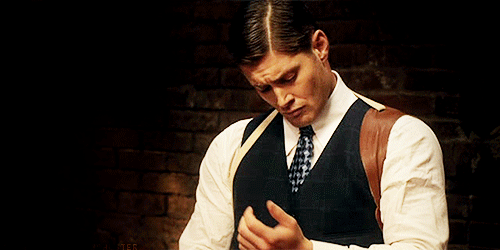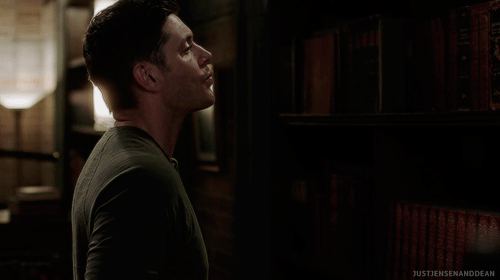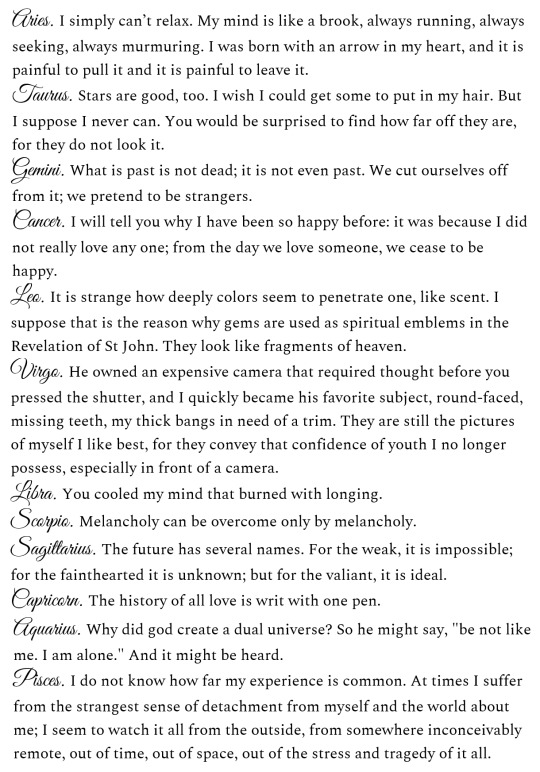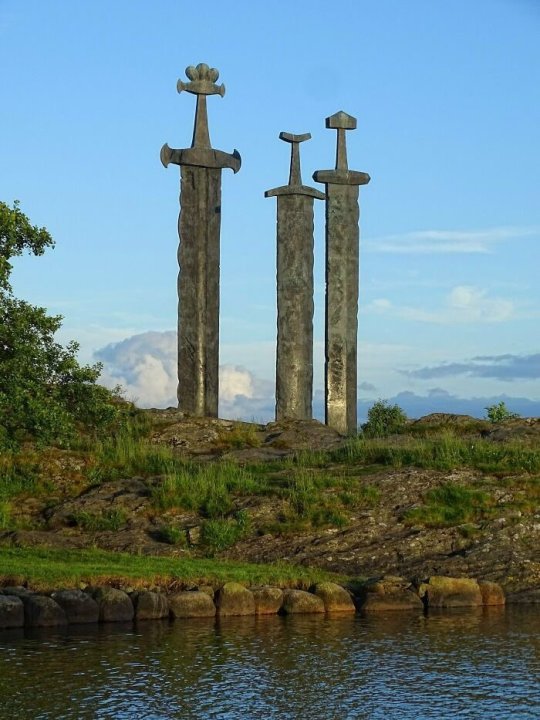#bjornstjerne bjornson
Text
The burdens they carry...














The greater the burden a man takes upon his shoulders, the stronger he must be to carry it. No words are unmentionable, no action or horror beyond powers of description, if one is equal to them. ~Bjornstjerne Bjornson
#dean winchester#dean's shoulders#the burdens they carry#dean winchester appreciation#quote#Bjornstjerne Bjornson
141 notes
·
View notes
Text

Kahlil Gibran. Mark Twain. Christa Wolf. Bjørnstjerne Bjørnson. George Eliot. Jhumpa Lahiri. Sappho. Robert Burton. Victor Hugo. William Hope Hodgson. Mark Z. Danielewiski. H.G. Wells.
#literature#quotes#poetry#writeblr#writing prompt#star signs#zodiac signs#khalil gibran#mark twain#christa wolf#bjornstjerne bjornson#george eliot#jhumpa lahiri#sappho#robert burton#victor hugo#william hope hodgson#mark z danielewski#hg wells
17 notes
·
View notes
Photo

Ja, vi elsker dette landet,
som det stiger frem, furet,
værbitt over vannet, med de tusen hjem, -
elsker, elsker det og tenker
på vår far og mor
og den saganatt som senker
drømmer på vår jord.
Og den saganatt som senker,
senker drømmer på vår jord.
- Bjørnstjerne Martinius Bjørnson, Song for Norway (1864)
Yes, we love this country
as it rises forth,
rugged, weathered, over the water,
with the thousands of homes, -
love, love it and think of our father and mother
and the saga-night that lays
dreams upon our earth.
And the saga-night that lays,
lays dreams upon our earth.
Photo: Sverd i fjell is a commemorative monument located in the Hafrsfjord neighborhood of Madla, just outside of the city of Stavanger, Norway. At the Hafrsfjord, the monument Sverd i fjell (Swords in rock) towers over the bay. The site was most probably where Harald Fairhair gathered Norway into one kingdom in 872. The monument consists of three swords that are fixed into the grown. They symbolise peace, unity and freedom.
67 notes
·
View notes
Quote
No te quejes bajo las estrellas sobre la falta de puntos brillantes en tu vida.
Bjørnstjerne Bjørnson
#espiritualidad#bjornstjerne bjornson#estrellas#vida#vivir#punto#perspectiva#brillo#luz#queja#realidad#falta#necesidad#puntos brillantes
33 notes
·
View notes
Photo

Bjørnstjerne Bjørnson, poet and the first Norwegian to ever win the literary Nobel Prize in 1903.
#Bjørnstjerne Bjørnson#Bjørnson#Björnstjerne Björnson#Bjornstjerne Bjornson#Bjornson#Björnson#Norway#Norwegian#Nobel Prize#1832#1830's#1800's#1910#1900's#1910's#1903#Kvikne#Hedmark#poetry#poetics#poet
12 notes
·
View notes
Photo


Bjørnstjerne Bjørnson (8 December 1832 – 26 April 1910)
Norwegian writer who received the 1903 Nobel Prize in Literature "as a tribute to his noble, magnificent and versatile poetry, which has always been distinguished by both the freshness of its inspiration and the rare purity of its spirit", becoming the first Norwegian Nobel laureate. Bjørnson is also celebrated for his lyrics to the Norwegian National Anthem, "Ja, vi elsker dette landet". (Wikipedia)
From our stacks: 1. Frontispiece from A Gauntlet. Being the Norwegian Drama En Hanske By Björnstjerne Björnson. Translated into English by Osman Edwards. London: Longmans, Green and Co., 1894. 2. Title page from Three Dramas by Björnstjerne Björnson. Translated by R. Farquharson Sharp. Everyman’s Library. London: Published by J.M. Dent & Sons, Ltd. and in New York by E.P. Dutton & Co., n.d.
#bjørnstjerne bjørnson#björnstjerne björnson#bjornstjerne bjornson#norwegian#norwegian literature#norwegian writer#norwegian writers#author#authors#writer#writers#literature#bjornson#bjørnson#björnson#literary#book#books#norwegian author#norwegian authors#detroit public library
24 notes
·
View notes
Quote
Do not complain beneath the stars about the lack of bright spots in your life.
Bjørnstjerne Bjørnson
8 notes
·
View notes
Note
Are there any famous writers in history whose identities as queer people have been erased? For example, if there’s a woman who was identified as a “spinster” and “being alone all her life” because she wasn’t married, but actually had a close romantic relationship with a friend of the same sex that is overlooked as “just a friendship.”
Loads, and loads. Queer people can have any profession, but we know about quite a few queer writers because they often write about that queerness, either in letters or in their own work.
Here are some, we looked mostly for people who were queer in sexuality instead of gender just because that seemed like what you were looking for, but please message us again if you want more:
Evelyn Irons
Jarosław Iwaszkiewicz
Jalāl ad-Dīn Muhammad Rūmī Part I
tatiana de la tierra
Bajazid Doda
Algernon Charles Swinburne
Lesbia Harford
Dawn Langley Hall
György Faludy
Yukio Mishima
Hamish Henderson
Alan L. Hart, Part 1
Annemarie Schwarzenbach
Sophia Parnok, Russia's Sappho
Virginia Woolf: Struggling (And Never Being Perfect)
Reinaldo Arenas, Rewriting Castro's Legacy
Bjornstjerne Bjornson, the Advocate
Sappho: The Poetess
The Marriage of Jane and Paul Bowles
Langston Hughes: The Poet
Vita Sackville-West: Creating a Legacy
1K notes
·
View notes
Text
Look back to the 19th Century
The 19th century in Western literature―one of the most vital and interesting periods of all―has special interest as the formative era from which many modern literary conditions and tendencies derived. Influences that had their origins or were in development in this period―Romanticism, Symbolism, Realism―are reflected in the current of modern literature, and many social and economic characteristics of the 20th century were determinded in the 19th. The 19th century saw giant amounts of social change; slavery was abolished, and therefore the initial and Second Industrial Revolutions which also overlap with the eighteenth and twentieth centuries, respectively light-emitting diode to large urbanization and far higher levels of productivity, profit and prosperity. The Muslim powder empires were formally dissolved and European imperialism brought abundant of South Asia and the majority of Africa below colonial rule. It was marked by the collapse of the Spanish, Zulu Kingdom, initial French Empire, Holy Roman and Mughal empires. This paved the method for the growing influence of nation Empire, the Russian Empire, the u. s., the German Empire (essentially substitution the Holy Roman Empire), the French colonial empire, the dominion of Italian Republic and Meiji Japan, with nation speech act undoubted dominance once 1815. once the defeat of the French Empire and its Indian allies within the Napoleonic Wars, nation and Russian empires expanded greatly, turning into the world’s leading powers. The Russian Empire expanded in central and much jap Asia. Overview The first electronics appeared in the 19th century, with the introduction of the electric relay in 1835, the telegraph and its Morse code protocol in 1837, the first telephone call in 1876, and the first functional light bulb in 1878. The 19th century was an era of rapidly accelerating scientific discovery and invention, with significant developments in the fields of mathematics, physics, chemistry, biology, electricity, and metallurgy that laid the groundwork for the technological advances of the 20th century. The Industrial Revolution began in Great Britain and spread to continental Europe, North America and Japan. Napoleonic War The warfare were a series of major conflicts from 1803 to 1815 corrosion the French Empire and its allies, diode by Napoleon Bonaparte, against a unsteady array of European powers shaped into numerous coalitions, supported and typically diode by the uk. The wars stemmed from the unresolved disputes related to the French Revolution and its resultant conflict. In the aftermath of the French Revolution, Napoleon Bonaparte gained power in France in 1799. In 1804, he topped himself Emperor of the French. Science and technology The 19th century saw the birth of science as a profession; the term scientist was coined in 1833 by William Whewell, which soon replaced the older term of (natural) philosopher. Among the most influential ideas of the 19th century were those of Charles Darwin (alongside the independent researches of Alfred Russel Wallace), who in 1859 published the book The Origin of Species, which introduced the idea of evolution by natural selection. Another important landmark in medicine and biology were the successful efforts to prove the germ theory of disease. 19th CENTURY THEATRE DATABASE Anzengruber, Ludwig - A brief biography of the Austrian dramatist and novelist. Augier, Emile - A biography of the French dramatist. Becque, Henry - A brief biography of the French dramatist and critic. Bjornson, Bjornstjerne - A biography of the Norwegian poet, novelist, and dramatist. Booth, Edwin - An analysis of the personality and achievements of the American actor. Brieux, Eugène - A brief biography of the French dramatist. 19th century famous novel Alcott, Louisa May Little Women Austen, Jane Emma Mansfield Park Persuasion Pride and Prejudice Blackmore, Richard Doddridge Lorna Doone Braddon, Mary Elizabeth Lady Audley’s Secret Bronte, Charlotte Jane Eyre Villette American Poets in the 19th Century William Bryant (1794 – 1878 ) Emily Dickinson (1830 – 1886) Ralph Waldo Emerson (1803 – 1882) Henry Wordsworth Longfellow (1807 -1882) Henry David Thoreau (1817 – 1862) British Poets in the 19th Century Emily Bronte(1818 – 1848) Elizabeth Browning (1806 – 1861) Robert Browning(1812-1889) John Clare (1793 – 1864) Samuel Taylor Coleridge (1772 – 1834) John Keats (1795 -1821) Gerard Manley Hopkins (1844 – 1889) Christina Rossetti (1830 -1894) Percy Shelley ( 1792 – 1822) Lord Tennyson (1809 -1892) William Wordsworth(1770 – 1850 ” I am the daughter of Earth and Water, And the nursling of the Sky; I pass through the pores of the ocean and shores; I change, but I cannot die. “– Percy Shelley From: “The Cloud” 1820 As we mentioned in the introduction, this is probably the most important century in the history of literature, so that’s the reason why we chose this subject. We wanted to write about how the big changes in the society were reflected in literature and to draw lines between the eras and their origin. We used a lot of time to find information and to process it. We learned that it happened a lot during the 19th century, in which is reflected in literature and art. New eras where often created as a response to former eras.
Source
19th century American Literature
3 notes
·
View notes
Photo

Mensaje de Texto - Magnus e Isak (17:42)
Isak: Me colgó cuando llamé
Magnus: Deprimido entonces. Quizás. Mandale un mensaje. Es agradable recibir mensajes. Cita de Bjornstjerne Bjornson
Isak: Ok
7 notes
·
View notes
Photo

Nobel Writers on Writing
Ottar G. Draugsvold
Since its inception, the Nobel Prize for literature has given a very public voice to some of the world's greatest writers, and their responses to the honor--their acceptance speeches--have often been epochal. From the famed call to arms by William Faulkner to the multicultural song of Derek Walcott, from 1903's Bjornstjerne Bjornson to 1999's Gunter Grass, this collection of 28 speeches traces the ideals of the artists and the selection committee itself throughout the 20th century. Included are an introduction to each of the writers chosen, an abridged copy of the speech or lecture and a bibliography of works in English.
0 notes
Photo

En familie som holder sammen, er uovervinnelig
- Bjørnstjerne Bjørnson
A family that sticks together, is invincible.
65 notes
·
View notes
Text
Bjornstjerne Bjornson, Norwegian poet, died today 1910

0 notes
Photo

Happy Marbled Monday! (From the 1896 edition of *Over Aevne* by Bjornstjerne Bjornson, PT 8816 .O812 1883x)
5 notes
·
View notes
Note
Do you have any articles of Finnish queer historical figures or otherwise from the Nordic countries?
We haven’t covered anyone from Finland yet, but we do have a couple of Finnish people on our list!
As for Nordic, we have a few:
Nils Asther
Bjornstjerne Bjornson, the Advocate
Kristina: King of Sweden
Thank you!
24 notes
·
View notes
Text
A people numerically large may attain to ways of thought and enterprise that no political censure can reduce to a minimum; but under narrower conditions, it may easily come about that the whole people will fall asleep.
Bjornstjerne Bjornson
0 notes